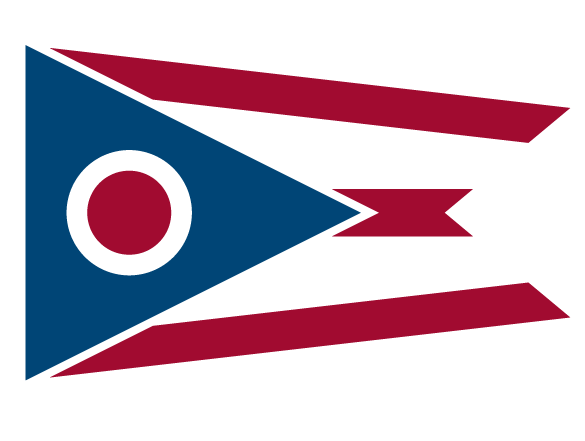Over 5,000,000 people in the USA have Alzheimer’s. That number will triple by 2050. Well over 50% of these people wander and become lost. A lost person with Alzheimer’s or other dementia represents a critical emergency. They are unaware of their situation; they do not call out for help and do not respond to people calling out to them. Nearly half of them will die and many can become injured or fall victim to predators if they are not located within 24 hours. The number of people, families and communities experiencing this risk will grow dramatically in the new few years.
Peace of Mind!
The Project Lifesaver Program is designed to work with those who are in the wandering stages of their disease. 
The Project Lifesaver Coordinator will send an application form to the interested caregiver. The completed Project Lifesaver application must include a letter of support from the candidate's physician. Upon receipt of the application and physician letter, a board of qualified professionals will review the application and determine if the candidate is appropriate for inclusion in the program. Once the application is approved, the Project Lifesaver Coordinator will meet with the responsible person(s) to fill out a candidate profile and program contract.
When these forms are completed, the candidate will be outfitted with a transmitter and the responsible person(s) will be introduced to a Public Safety Officer who will conduct a monthly check and replace batteries in the transmitters.
How Project Lifesaver Works
Project Lifesaver relies on proven radio technology and Union County
Deputies who are specially trained in search and rescue. The clients that are enrolled in the Project Lifesaver Program wear a personalized wristband that emits a tracking signal.
When caregivers notify the Union County Sheriff's Office that a client is missing, a search and rescue team responds to the wanderer's area and starts searching with the mobile locater tracking system.
Search times have been reduced from hours and days to minutes. In over 1000 searches, there have been no reported serious injuries or deaths.
For more information on the Project Lifesaver Program, please contact:
Lieutenant Jeff Stiers
Community Relations Bureau
jstiers@unioncountyohio.gov
(937) 645-4100, Ext. 4126
Project Lifesaver Flyer
 An official State of Ohio government website.
Here's how you know
An official State of Ohio government website.
Here's how you know
